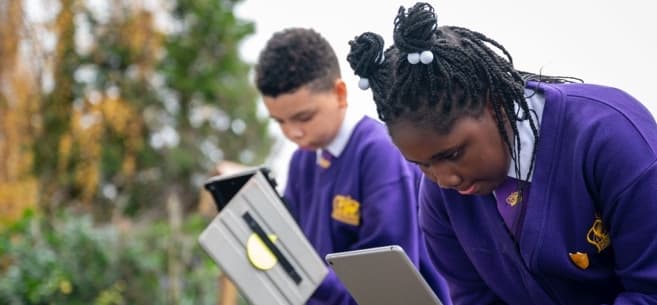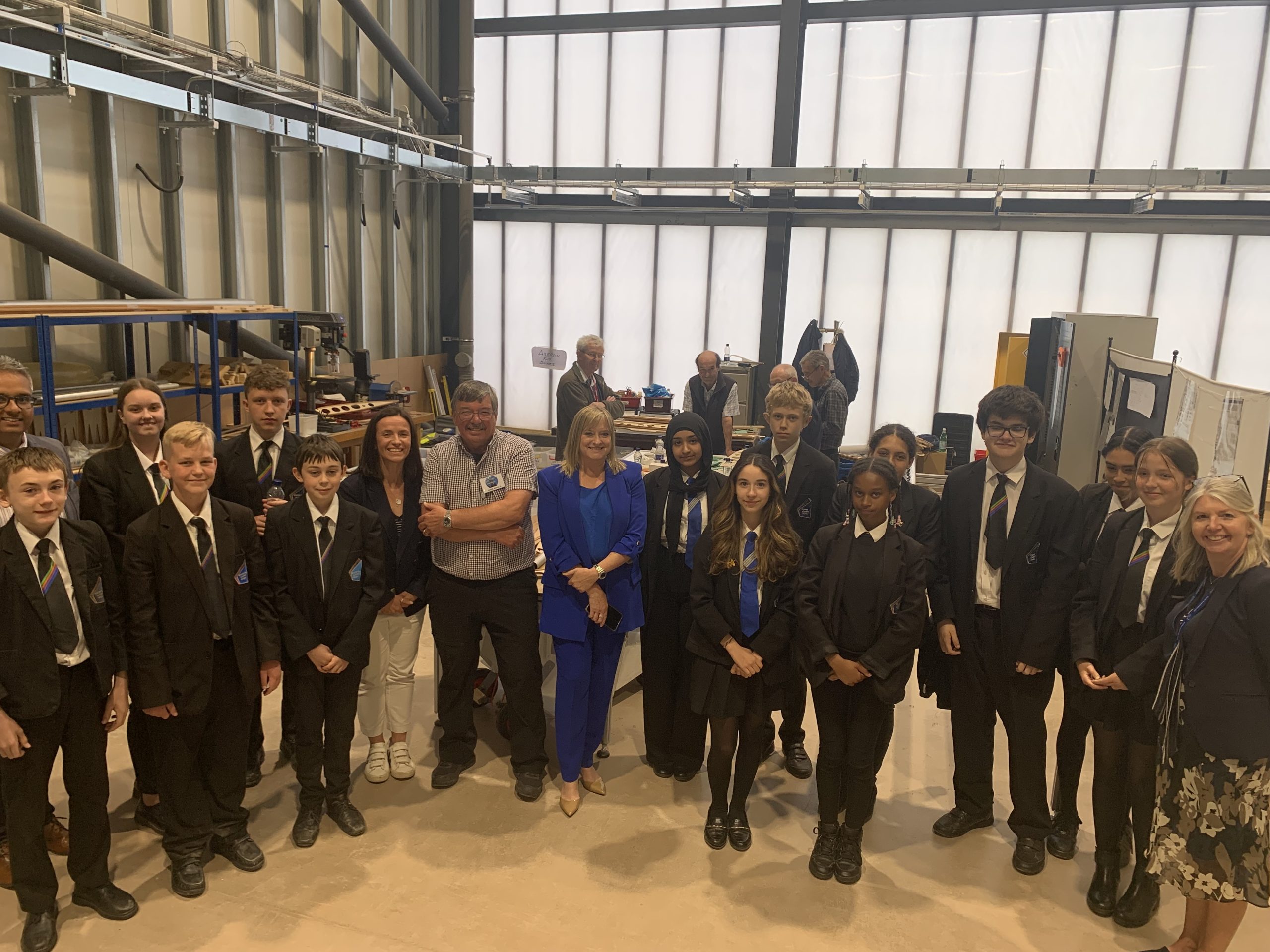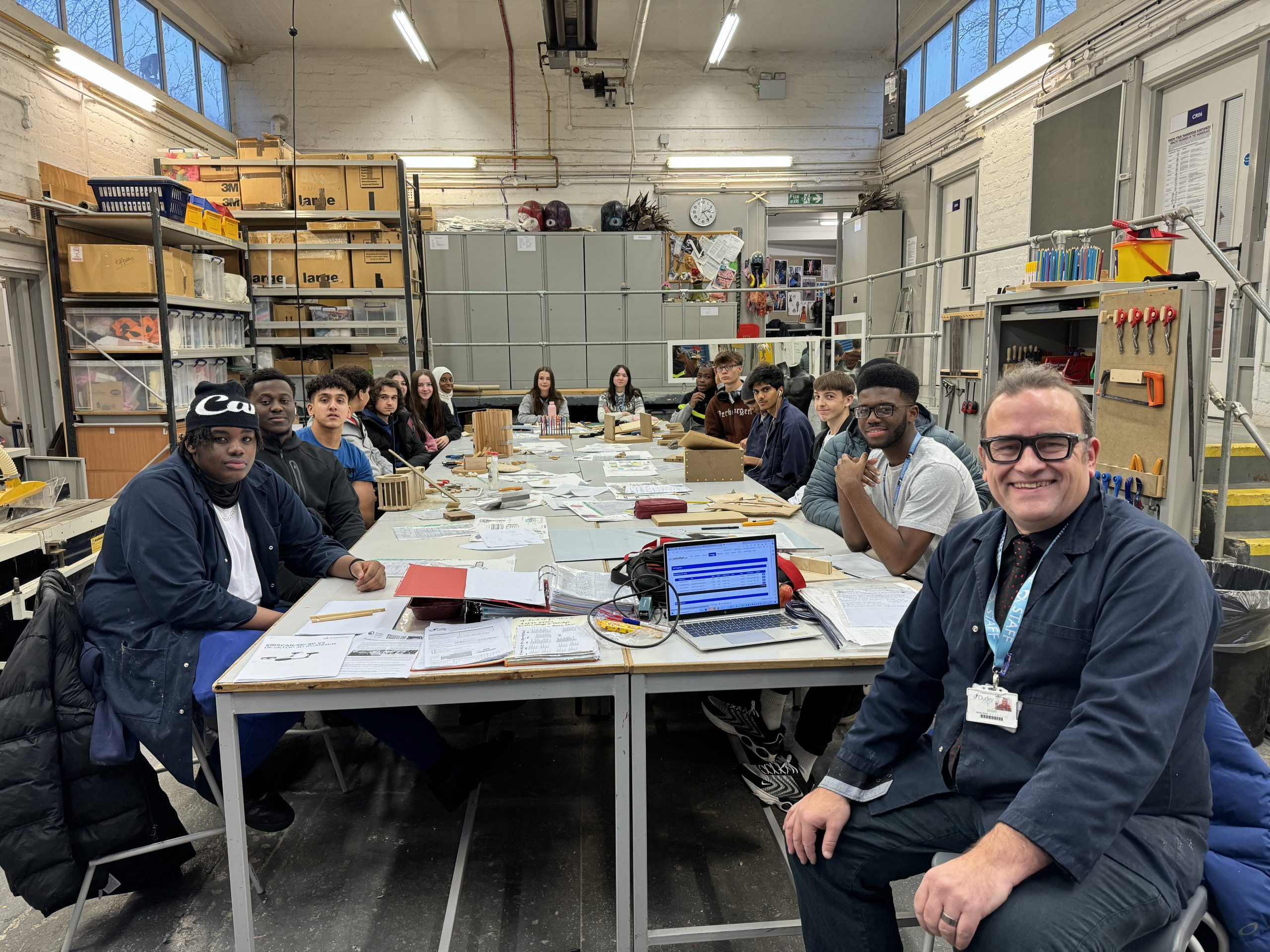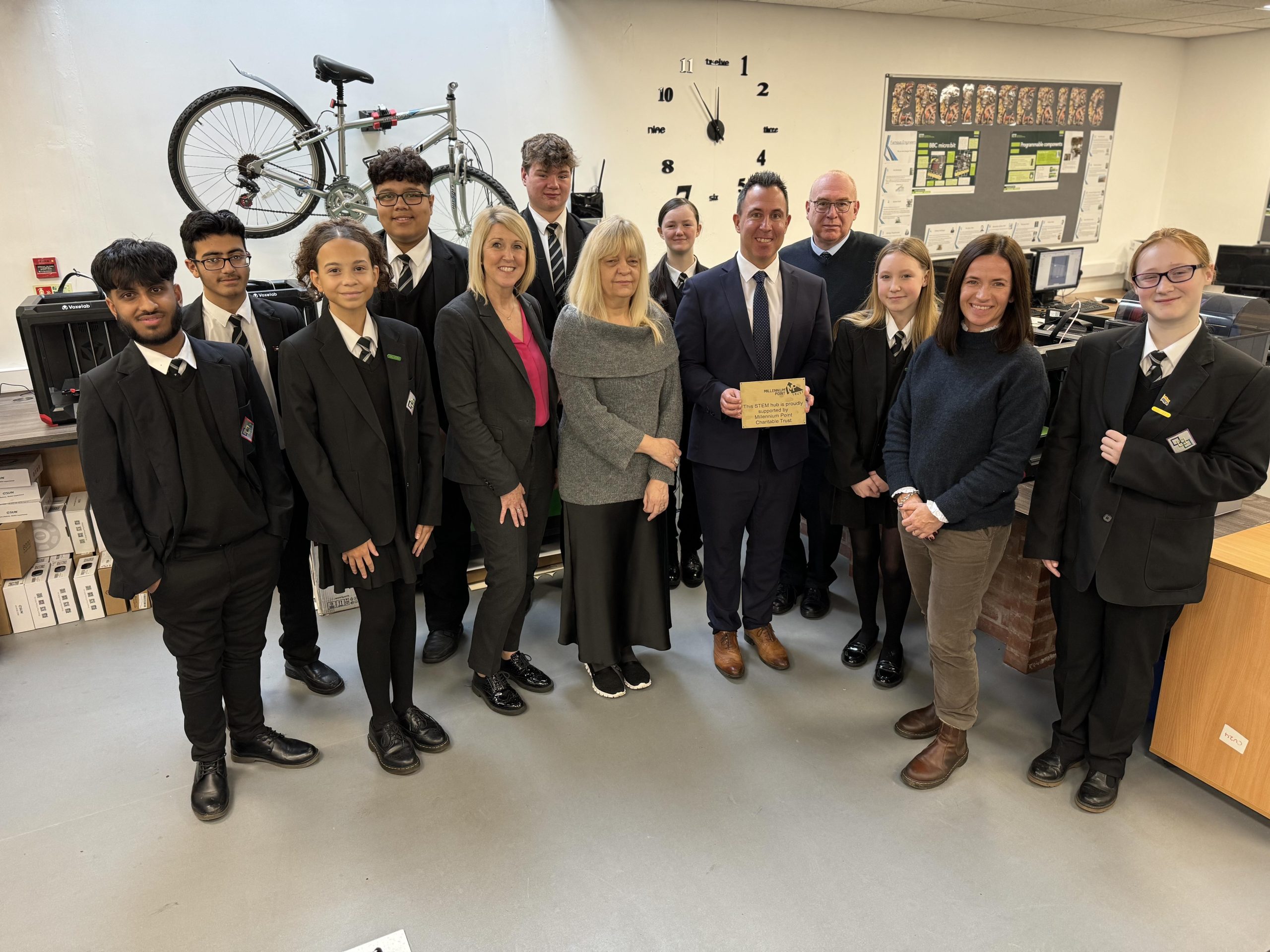Hospital Education Service – The Science of Rollercoasters
Background
The Hospital Education Service provides education to who are unable to attend school due to injuries, illnesses, or any other reason. It is a unique setting split across three key areas: University Hospital Coventry and Warwickshire, Whitmore Park Annexe and home tuition to individuals. Its aim is to provide continuity in education when pupils miss school.
Challenge
The project is an investigation into rollercoasters – from designing, testing and risk assessments, to research into energy, speed, acceleration, friction and gravity weight calculations, this project will teach students to use and think about science in a fun and interesting way. Once investigations are complete, the students will be able to present their findings and then attend a trip to a theme park to see the real-world science first-hand.
With the support of the Millennium Point small grant, The Science of Rollercoasters initiative will encourage developing curiosity and confidence, allowing exploration and ownership of design and hypotheses from an early stage – hopefully encouraging pupils to study science post-16.
What impact has it made?
This project develops key areas within science, technology, engineering and mathematics (STEM) whilst encouraging communication, key investigative skills and collaboration – which will all contribute to building self-esteem, with the intention of giving the pupils motivation to return to mainstream school and have faith in their own ability Practical science is a fantastic way of encouraging pupils to open up and communicate while strengthening core areas such as maths and IT.
Why did they receive a small grant?
The project is an imaginative way to engage children in the practical applications of STEM who otherwise would not have access to the same learning opportunities as those children in a traditional school environment.
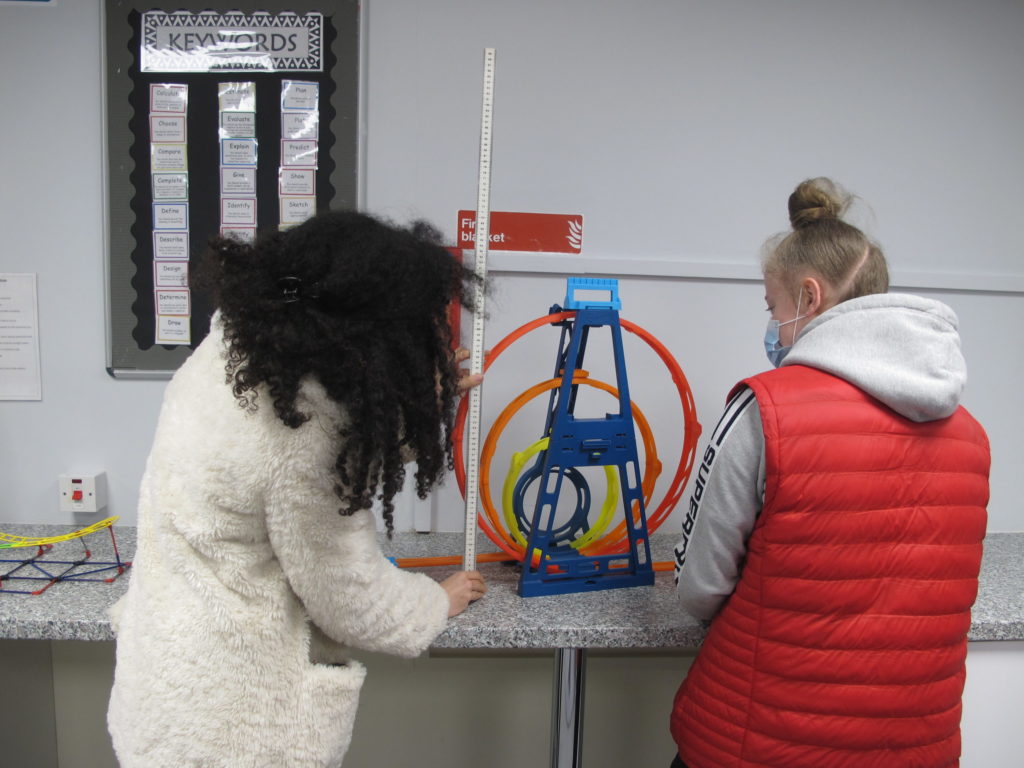
Whitmore Park Annexe, which the funding will directly benefit, is a small school that caters for pupils ages 11-17. These pupils are very vulnerable and have often had a negative experience in school and life. The annexe provides an alternative setting for these disadvantaged pupils, in which we try to give them hope and qualifications for their future and reintegration back to mainstream school or provide a pathway for post-16 education.
STEM is an area that I have been developing since joining the Hospital Education Service, with the aim to close the attainment gap of disadvantaged pupils. I try to link to what is of interest to the pupils to create engaging lessons, and this project is the ideal opportunity to demonstrate and apply the science being taught. Pupils can see the relevance of physics in everyday life, and that excites them!
Debbie Glenn, Lead Science teacher, Hospital Education Services
- STEM equipment for the activity (physics kits, weights, measures etc.)
- Trip to theme park (entry, travel etc.)
Speak To Our Friendly Trust Team
